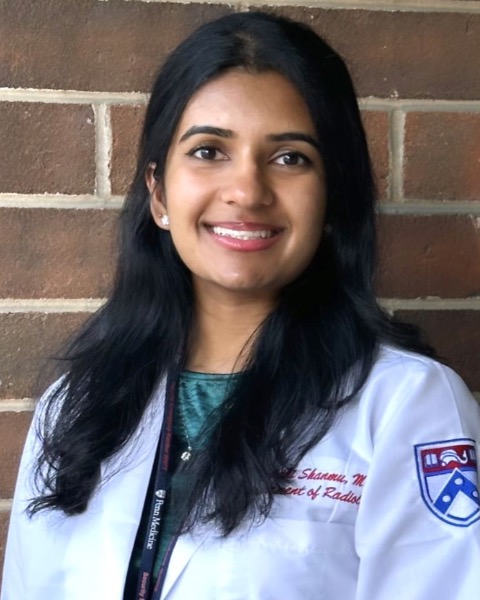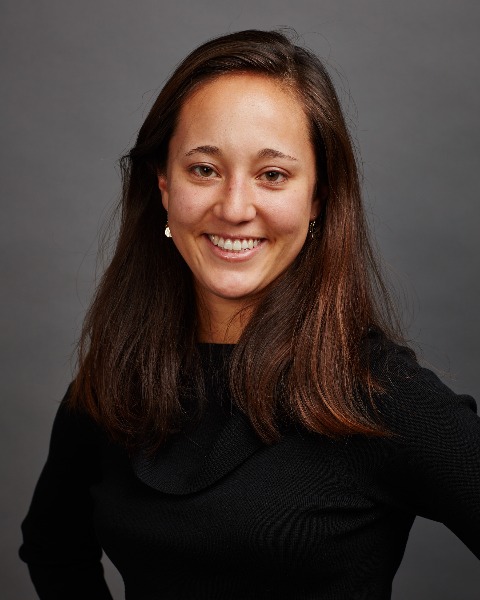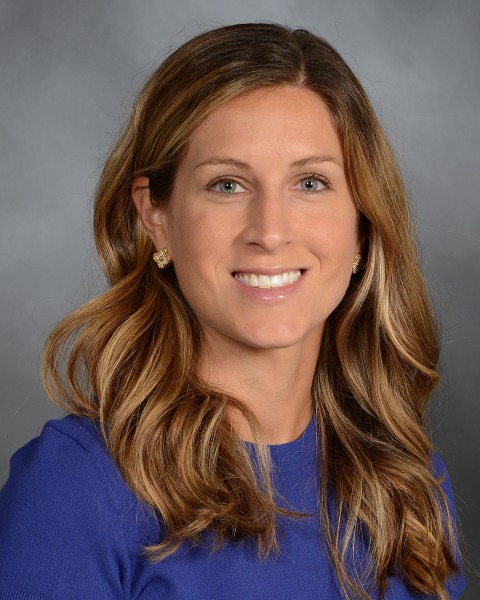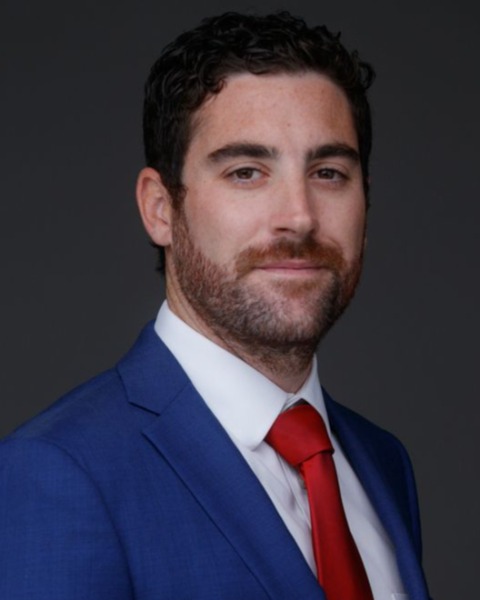SIR 2025
General IR
Scientific Session
Looking Back and Moving Forward: Senior IR resident Perspectives on the Training Process

Srinidhi Shanmugasundaram, MD (she/her/hers)
Resident Physician
Hospital of University of Pennsylvania, United States
Monica M. Matsumoto, MD (she/her/hers)
Resident
University of Pennsylvania, United States
Jason C. Hoffmann, MD, FSIR (he/him/his)
Associate Professor
New York University Long Island School of Medicine, United States
Nicole Keefe, MD
Clinical Assistant Professor
University of North Carolina, United States
Nicole Lamparello, MD
Assistant Professor
New York-Presbyterian - Weill Cornell Medical College, United States
Quinn Meisinger, MD (he/him/his)
Director, Integrated and Independent Interventional Radiology Residencies
UC San Diego, United States- SS
Susan Shamimi-Noori, MD
Program Director
University of Pennsylvania, United States 
Daniel M. DePietro, MD
Assistant Professor
University of Pennsylvania, United States
Presenting Author(s)
Author/Co-author(s)
To characterize the training experiences and perspectives of senior interventional radiology (IR) residents and provide insight on the new IR training paradigm.
Materials and Methods:
An electronic, anonymous survey was sent to all U.S.-based IR program directors and administrators to distribute to their senior (post-graduate years 5-7) residents at the end of 2023-24 academic year. Data on demographics, program and training preferences, including satisfaction and factors influencing program selection, were collected. Numerical data are presented as counts/frequencies, and qualitative data are summarized.
Results:
Forty-eight senior IR residents (27 integrated IR, 19 early specialization in IR (ESIR) with independent IR, and 2 non-ESIR with independent IR) completed the survey. Overall, 89% were “very” or “extremely” satisfied with their training. The most helpful IR-related elective rotations were identified as the diagnostic radiology procedural service (45%) and vascular surgery (43%). 60% of residents expressed interest in receiving additional training in business and practice development, followed by device development (32%) and IR subspecialties (30%). 57% believed integrated IR was the optimal training program while 32% favored ESIR with independent IR at a different institution. Recommendations for preliminary year training were 31% for general surgery, 27% for a categorical IR program, 10% for a transitional year, and 31% with no preference. The most important aspects of a training program were faculty and trainee friendliness (both with 95% “very”/“extremely” important), followed by program fit, procedural autonomy, and procedural diversity (each with 93% “very”/“extremely” important).
Conclusion:
Satisfaction with IR training is high among senior IR residents, though areas for optimization of training experiences and opportunities for improvement remain. Insights gained from this study will be instructive for junior IR residents and students considering IR, IR residency leadership, and others invested in IR training.


.jpg)